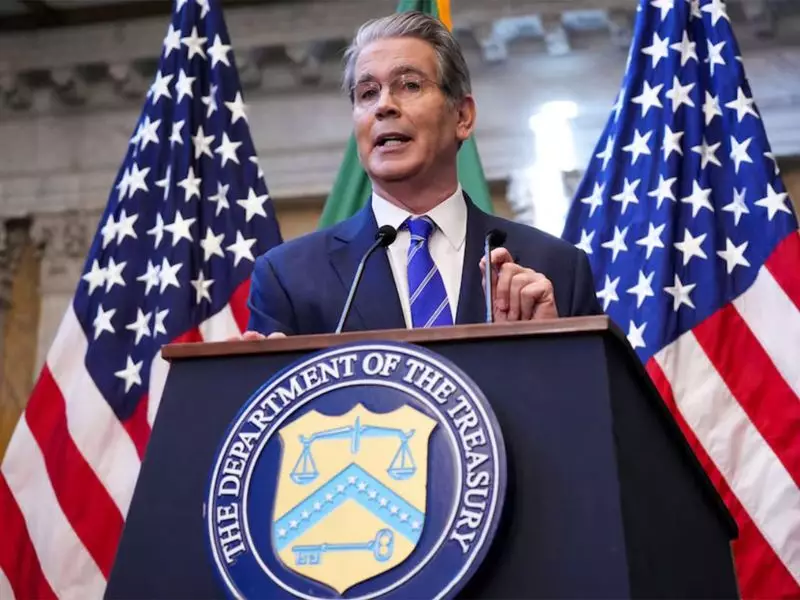
In a dramatic escalation of political rhetoric, former President Donald Trump's top aide has launched a scathing attack against a prominent Democratic senator, drawing parallels to Argentina's controversial political history.
The Currency Swap Controversy
The firestorm erupted after Senator Chris Murphy publicly questioned the United States' support for Argentina's currency swap facility with the International Monetary Fund. Murphy expressed concerns about American taxpayers potentially being exposed to financial risks through this arrangement.
Senator Murphy didn't mince words in his criticism, stating that the US appeared to be "writing a blank cheque" to support what he characterized as "a dangerous, dollarized economic experiment" under Argentina's new President Javier Milei.
The 'Peronist' Accusation
Jason Miller, senior adviser to Donald Trump's campaign, fired back with extraordinary force. In a statement that has sent shockwaves through political circles, Miller accused the Connecticut senator of embracing "Peronist-style economics" - a reference to the populist movement founded by Juan Perón that has deeply influenced Argentine politics for decades.
"It's rich to see Senator Murphy attack the Milei administration, which is trying to save Argentina from the very kind of big-government socialism that Murphy champions," Miller declared. "Murphy's opposition to the currency swap shows he's a Peronist at heart."
Political Implications
The extraordinary exchange highlights several critical developments in American foreign policy and domestic politics:
- Growing Republican support for Argentina's libertarian President Javier Milei
- Deepening political divisions over US involvement in international financial arrangements
- The increasing use of Latin American political labels in US domestic debates
- Tensions between executive branch foreign policy and congressional oversight
Background: Argentina's Economic Challenges
Argentina has been grappling with severe economic turmoil, including:
- Hyperinflation exceeding 160% annually
- Rapid depletion of foreign currency reserves
- Growing poverty rates affecting nearly half the population
- Historical debt crises with international creditors
The currency swap arrangement with the IMF represents a crucial lifeline for President Milei's government as it implements radical economic reforms aimed at stabilizing the South American nation's economy.
This political confrontation underscores how international economic policy has become increasingly entangled in domestic political battles, with both parties using foreign policy issues to score points ahead of crucial elections.





